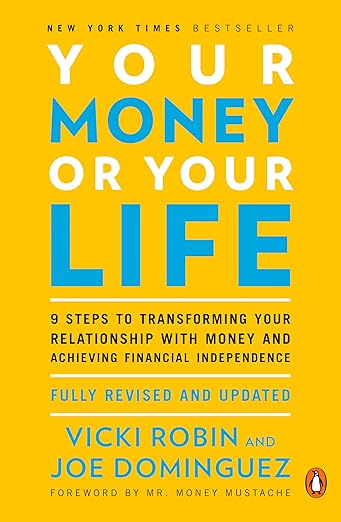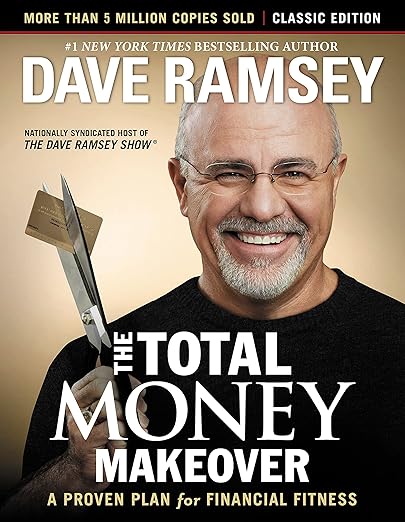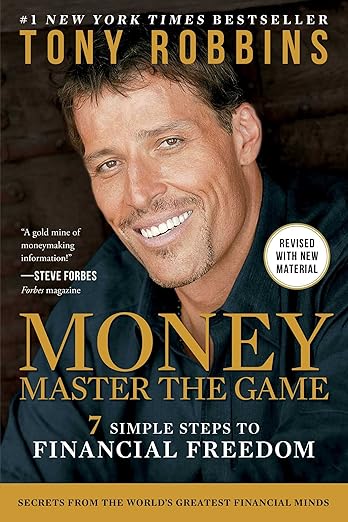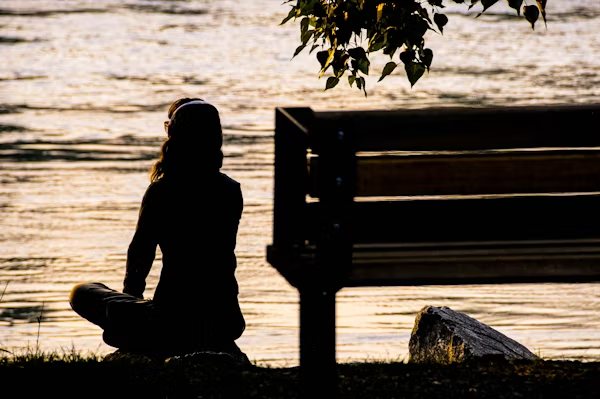Build Your Gambling Recovery Plan: What Structure Looks Like in Real Life
If admitting the problem opens the door to recovery, building a plan is what helps you walk through it. Because gambling addiction isn’t just about the behavior—it’s often a coping mechanism, a way to escape emotions, or a cycle that thrives on secrecy and spontaneity.
A gambling recovery plan is not about rigid rules or perfection. It’s about clarity. It provides structure you can return to when you’re overwhelmed or triggered. This guide will help you design a personal, sustainable plan that supports long-term healing—emotionally, mentally, and financially.
Some of the links on this page are affiliate links. That means if you choose to make a purchase, High Stakes Healing may earn a small commission—at no extra cost to you. We only recommend books and resources we believe can truly support your recovery journey.
Why Structure Matters More Than Willpower
Willpower fades. But structure creates consistency. When the urge to gamble hits, a plan gives you a roadmap back to safety and regulation. Here’s what a strong gambling recovery plan can do:
- Replace impulsive behavior with intentional ritual
- Offer emotional regulation through daily practice
- Help track progress and build confidence
- Create safeguards that reduce relapse risk
“You don’t need perfect motivation—you need systems that make relapse harder and healing easier.” — High Stakes Healing Journal Prompt
Core Elements of a Gambling Recovery Plan
Some of the links on this page are affiliate links. That means if you choose to make a purchase, High Stakes Healing may earn a small commission—at no extra cost to you. We only recommend books and resources we believe can truly support your recovery journey.
1. Daily Rituals
Simple routines help anchor your day and regulate your emotions. Examples:
-
- Morning journaling or reflection
- Screen-free time in the evening
- Guided meditation using tools like Wysa
- A daily gratitude list or grounding practice
Tip: Download the Daily Recovery Ritual Template from High Stakes Healing.
2. CBT-Based Therapy Tools
Cognitive Behavioral Therapy (CBT) helps reframe the thoughts that drive gambling urges. Try:
Professional Support Anytime
Recovery doesn’t have to be faced alone. With Online-Therapy.com, you can connect with licensed therapists from the comfort of home and work through gambling addiction at your own pace.
- CBT thought records for managing distorted thinking
- Weekly journaling prompts focused on triggers
3. Financial Structure
Protect your money to reduce access to gambling. Suggestions:
Books That Heal Your Finances
Sometimes, the right book can feel like a trusted companion in recovery. Our Books for Recovery page gathers hand-picked titles on gambling addiction, emotional healing, and building a healthier future.
- Set a strict budget with limited daily access
- Use apps like Gamban or banking restrictions
- Involve a trusted accountability partner for major expenses
Tool: Download the “Money Conversations After Addiction” Worksheet
4. Emergency Urge Response Plan
Have a go-to response when cravings hit. Consider:
- A support person you can message right away
- A 5-minute journaling practice (“I feel ___ because ___”)
- Distraction options: short walk, music, breathing techniques
- Opening the Wysa chatbot or your therapy app
5. Community and Connection
No plan is complete without support. Surround yourself with safe connections:
- Therapists or recovery coaches
- Online communities like r/problemgambling
- Accountability groups or recovery apps
- Subscribe to the High Stakes Healing Newsletter for weekly recovery tools
In addition, digital relapse prevention tools for long-term gambling recovery can provide daily structure and reinforcement. From mobile apps that track urges to online accountability platforms, these tools extend support beyond face-to-face connections, helping you stay consistent and resilient in your recovery journey.
Prompts to Build Your Own Gambling Recovery Plan
- What does a grounded day look like for me?
- What can I do when I hear the voice that says “just once”?
- Who do I reach out to when I feel tempted?
- What rituals make me feel safe and seen?
Helpful Insights and Readings
- Lessons From Gambling Recovery: Insights for Healing and Growth
- How Recovery Helped me Redefine Success Beyond Gambling
Stay Connected
This guide is part of the Structured Path to Gambling Recovery by High Stakes Healing. Sign up for our newsletter to receive worksheets, prompts, and new recovery tools every week.
Frequently Asked Questions about Gambling Recovery Plan
What is a gambling recovery plan?
A gambling recovery plan is a personalized set of strategies, habits, and support systems designed to help you stop gambling and maintain long-term recovery. It often includes daily rituals, emotional tools, and structured routines.
Why is structure important in gambling addiction recovery?
Structure creates safety and predictability. In recovery, it replaces the chaos of addiction with daily practices that support emotional regulation, reduce impulsivity, and build resilience against relapse.
How do I start a gambling recovery plan?
Start with small daily rituals like journaling or grounding exercises. Then add therapy tools (like CBT), financial boundaries, urge-response strategies, and community support to create a complete recovery structure.
Do I need a therapist to build a recovery plan?
While not required, therapists—especially those trained in CBT or addiction recovery—can provide personalized guidance, accountability, and tools that help your recovery plan succeed.
Is it okay to adjust my recovery plan over time?
Yes. Your recovery plan should evolve with your needs. What works in the early days may need adjustments as you gain insight, stability, or encounter new challenges.
Affiliate Disclosure
This article includes affiliate links to therapy platforms that support gambling addiction recovery. High Stakes Healing may earn a small commission at no extra cost to you. We only share resources we believe in and that align with our mission of healing through clarity, compassion, and credible tools.








